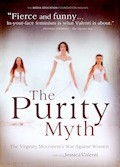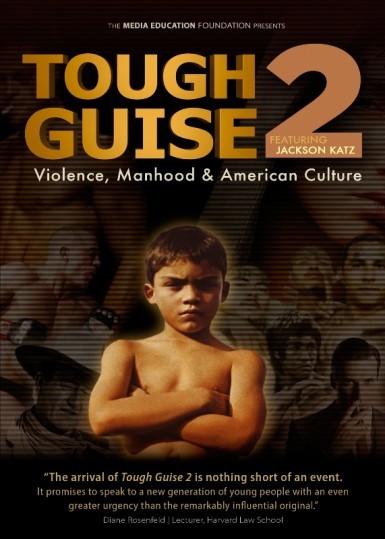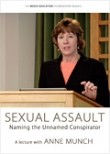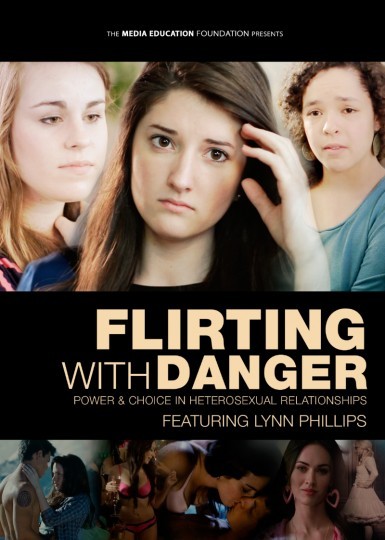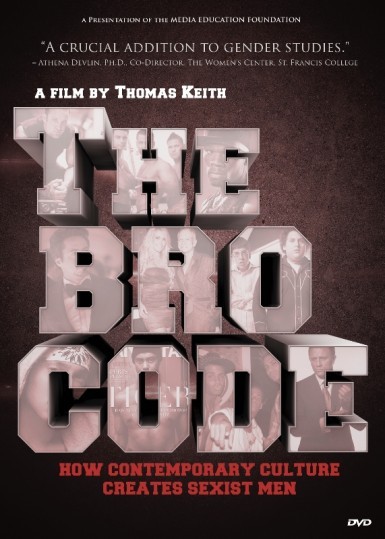Controversy about “rape culture” offers teachable moment
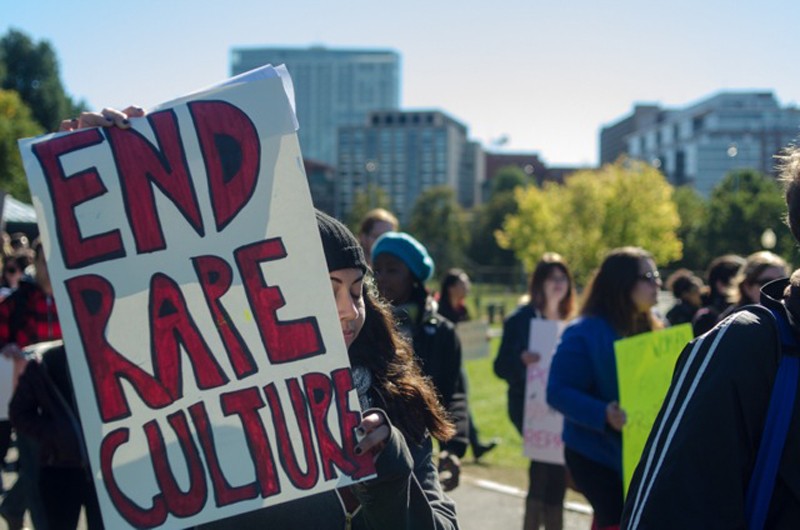
Given the scope of America’s rape problem – a startling 1 in 5 women on college campuses will be the victim of rape or attempted rape, and 97% of rapists will never spend a day in jail – it stands to reason that educators and activists in the sexual assault prevention field have been working for years to identify and change cultural norms and attitudes that perpetuate rape.
As feminist blogger and author Jessica Valenti said recently, “The problem extends beyond the crimes themselves to the culture that allows rape to thrive.”
But now the very concept of “rape culture” has come under attack.
It began a couple of weeks ago when the Rape, Abuse and Incest National Network (RAINN), the nation’s largest anti-sexual violence organization, suggested in recommendations to the White House Task Force to Protect Students from Sexual Assault that focusing on rape culture risks letting rapists off the hook. “Rape is not caused by cultural factors,” RAINN wrote, “but by the conscious decisions, of a small percentage of the community, to commit violent crime.”
RAINN’s statement was then immediately seized upon by a number of right-wing organizations to bolster their longstanding claim that feminists on America’s college campuses are whipping up hysteria and victimizing and vilifying innocent young men.
“Twenty-first century America does not have a rape culture,” Carol Kitchens of the American Enterprise Institute, a conservative think tank, wrote in a Time magazine piece called “It’s Time to End ‘Rape Culture’ Hysteria.” “What we have is an out-of-control lobby leading the public and our educational and political leaders down the wrong path” by “poisoning the minds of young women and leading to hostile environments for innocent males.”
What this latest backlash against feminism has obscured is how the concept of rape culture, far from absolving individual rapists of responsibility, has in many ways helped to shine a light on the ways we too often let rapists off the hook as a culture.
As Amanda Marcotte put it last week, “Feminists who coined and spread the phrase ‘rape culture’ are not denying that rapists need to be held personally responsible for their criminal behavior. They are pointing out all the cultural reasons that this doesn’t happen: the myth that false accusations are common, the myth that rapists are just confused about consent, and the myth that victims share the blame for drinking too much or otherwise making themselves vulnerable.”
While this debate is unlikely to be resolved anytime soon, it does offer a teachable moment during Sexual Assault Awareness Month this month – an opportunity to examine what “rape culture” actually is, and to explore why it’s been such a useful concept to educators, advocates, and activists working in the field to combat sexual violence.
If you’re looking for resources to help clarify the meaning of rape culture with your students, we recommend the following MEF videos. Each title is explicitly designed to inspire discussion and critical thinking about the cultural attitudes and myths that shape our responses to sexual violence.
The Purity Myth: The Virginity Movement’s War Against Women
Feminist blogger and bestselling author Jessica Valenti examines how the culture equates the character and morality of young women with their sexual behavior, creating a climate that too often results in women being blamed for their own sexual assaults.
Tough Guise 2: Violence, Manhood & American Culture
Pioneering anti-violence educator Jackson Katz argues that the epidemic of men’s violence in America – including sexual violence – is rooted in outmoded cultural ideals of manhood that glamorize violence, control, and sexual conquest.
Rape Myths on Trial: Naming the Unnamed Conspirator
A career prosecutor and longtime advocate for victims of sexual violence examines how cultural attitudes and myths about women’s sexuality affect jurors, shape defense lawyers’ strategies, and influence the outcomes of rape and sexual assault cases.
Flirting with Danger: Power & Choice in Heterosexual Relationships
Developmental psychologist and author Lynn Phillips explores how young women navigate heterosexual relationships and hookups in a culture that sends conflicting messages about women’s sexuality, consent, and coercion.
The Bro Code: How Contemporary Culture Creates Sexist Men
Filmmaker Thomas Keith examines how “bro culture” and contemporary media targeted at young men glamorize sexual aggression, misogyny, and bullying.
